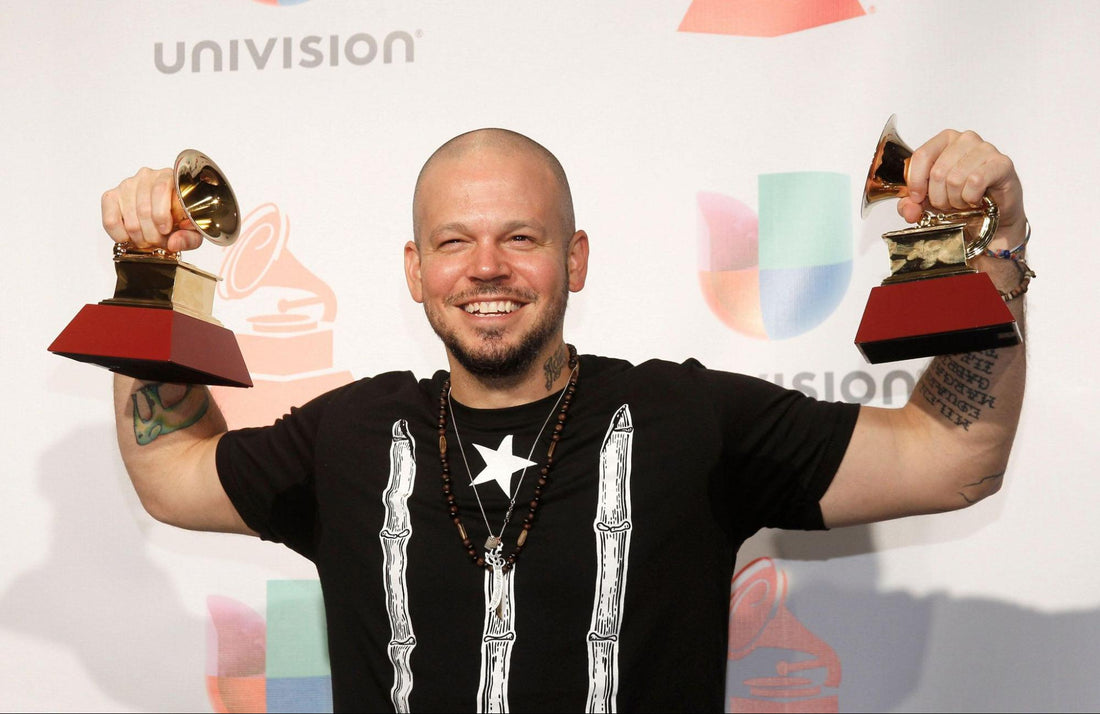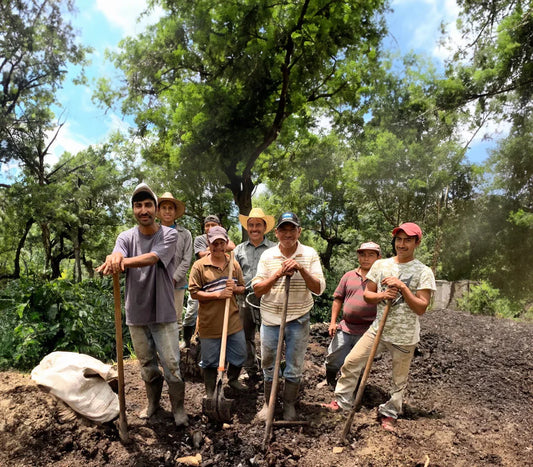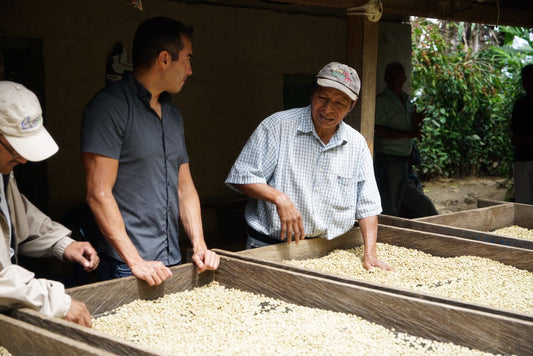
The Rise of Residente: A Force for Latino Empowerment
The Puerto Rican rapper Residente has sought to empower Latinos by combining his musical talent with his strong sense of social injustice.
Let’s face it, if you're Latino, then you're most likely a fan of Residente.
And, if not, then you will at the very least have heard his music.
Since arriving on the scene in 2005, the Puerto Rican rapper and producer has not only embedded himself in the public consciousness, but he’s made many Latinos rethink their place in the world.
The Evolution of Calle 13
Let’s start at the beginning: born René Pérez Joglar in 1978, Residente’s first break came with the alternative hip-hop group Calle 13 in 2005. Alongside him were his step-brother Visitante, and his half-sister iLe.
From the outset, something about their music struck a chord with Latino audiences and he was soon being hailed as a true visionary.
I myself remember my teenage years in which Calle 13's song "Atrévete-te-te" was being played everywhere from clubs to radios.
It was a stark contract from anything being played at that time. The mix of rap and reggaetón was refreshing. And although I might not have completely understood the meaning of the lyrics at the time, it was evident - even to me as a teenager - that social protest was a fundamental part of it.
Residente released 5 albums with the group and, incredibly, together they won more than 30 Latin Grammy awards.
As thousands of teenagers and young adults rapped along with the lyrics they, in turn, started to question their own beliefs and opinions about the topics presented.
The Impact of Family Life on Calle 13
As a child, Residente was surrounded by art and music. Both his parents had strong artistic interests – his dad was a musician and writer; his mum was an actress. He went on to study music in Puerto Rico and the United States, where he began to develop his own style rooted in his heritage.
The socio-political vein that runs through his music comes as no surprise. He grew up in working class family and his father, as well as being musically talented, was a lawyer who represented labor unions.
Since his early days with Calle 13, Residente used his platform to stand up for causes he believed in, writing lyrics that spoke of social injustices, particularly those suffered by the lower and working classes. Some of his most important songs with Calle 13 include:
- "Latinoamérica"
- "La Bala"
- "Baile de Pobres"
- "Gringo Latin Funk"
- "Pal Norte"
As they fearlessly tackled social and political struggles, shattered stereotypes, and celebrated the Latino rich heritage, the empowering melodies of Calle 13 resonated far beyond Latino borders. Garnering a multitude of prestigious awards, their resounding impact surged across the United States and reached the global stage.
Residente's Solo Career: The Voice Amplifies
In 2017, Residente launched his first solo album and has since won five more Latin Grammy awards.
His solo venture represented a departure from Calle 13's style: Calle 13 was known for its eclectic and experimental style, blending different genres such as reggaeton, hip-hop, rock, and traditional Latin American music.
Residente's music, on the other hand, is more focused on traditional Latin American rhythms and instruments.
However, his belief in the power of music to speak out against social injustices hasn’t changed, helping him gain more than 1.2 billion views on his YouTube channel.
If anything, he’s become even more outspoken.
Unsurprisingly, much of his discourse centers around the political and social issues affecting Puerto Rico, highlighting the government's lack of action in the face of poverty and inequality on the island, and its failure to provide adequate services to its citizens.
In "This Is Not America", one of his most popular songs to date, he strives to remind people that America is not just the United States, but a whole continent. Throughout the song, he speaks of his Pre-Columbine pride, while suggesting he wants to give "America" back its meaning and "give the continent its name back".
"Everyone is American on this continent," Residente said in an NPR interview. "And it's how they took the word and made it for them. It's like another way of colonization."
Although some people disagree with the way he expresses his ideas, it’s undeniable that Residente has become an advocate for his beliefs and those of many Latino communities.
His lyrics defend Latino cultures and offer a different perspective to that presented by many other Latin artists. Through his heartfelt verses that embody the essence of the continent, Residente has become a crucial figure in the safeguarding of Latin American identity.
Regardless of whether people agree with his view, his unwavering pride in being part of the vibrant Latino community is inspirational, and something that runs deep within all of us.
Since his emergence with Calle 13 in 2005, Residente has been one of the most reactive voices of contemporary times and he sets a true example for how others in the music industry can use their platforms as a force for good.


